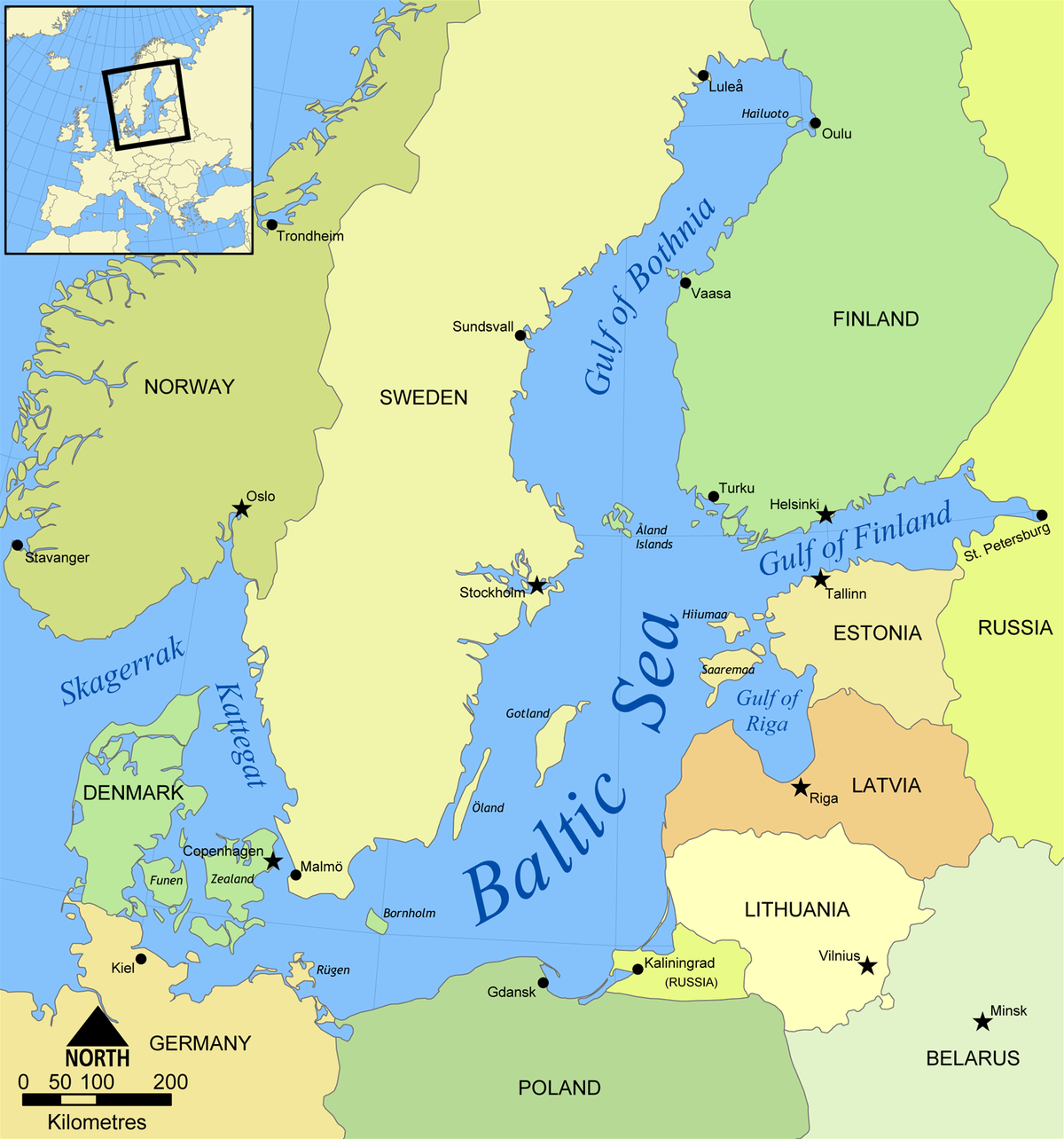Baltic Eagle Wind Farm Completes Turbine Installation Milestone
Hyphen Web Desk

The project, a collaboration between the Abu Dhabi-based clean energy firm Masdar and Spain's Iberdrola, is part of the larger Baltic Sea offshore wind initiative aimed at boosting the region's energy security while transitioning towards sustainable sources. The completion of the turbine installation is a key step towards the project’s full operational capability, expected later this year.
Baltic Eagle features 50 Vestas-manufactured wind turbines, each with a capacity of 9.5 MW, collectively capable of powering nearly 475,000 homes across Germany. The wind farm is situated in the Baltic Sea, approximately 30 kilometers northeast of Rügen Island, Germany. Its construction is part of a broader push by European nations to increase their renewable energy generation, particularly in offshore wind, which has proven to be a stable and reliable energy source.
The wind turbines, towering over the sea at a height of 200 meters, were installed with the help of specialized jack-up vessels like Fred Olsen's "Blue Tern", which were specifically designed to handle the challenges posed by the sea's deep waters and strong winds. These vessels played a crucial role in placing the turbines at the offshore site and ensuring the project's progress despite the demanding environmental conditions.
Baltic Eagle represents the second offshore wind farm developed by Iberdrola in the Baltic Sea, following the operational success of the nearby Wikinger wind farm. Together, they form part of the company’s larger Baltic Hub initiative, which seeks to generate over 1.1 GW of offshore wind energy by integrating the energy production of both projects. Iberdrola's CEO has hailed this development as a critical contribution to Germany’s renewable energy targets and its broader efforts to achieve net-zero emissions by 2045.
Beyond contributing to Germany’s energy goals, the Baltic Eagle wind farm is also expected to create significant economic benefits, including job opportunities and a boost to the local supply chain in the surrounding regions. Vestas, the Danish turbine manufacturer, also stands to gain from this project as its technology and expertise continue to be vital components in Europe's clean energy transformation.
As renewable energy projects like Baltic Eagle progress, offshore wind continues to solidify its role as a critical pillar in Europe’s energy strategy. The ability to generate vast amounts of clean energy while reducing carbon emissions has made offshore wind farms central to combating climate change and fostering long-term energy independence.
The Baltic Eagle project also reflects growing collaboration between global energy companies and regional initiatives, with Masdar and Iberdrola representing the increasing involvement of international players in the European renewable energy market. For Masdar, this project further diversifies its portfolio, which includes various clean energy initiatives across the globe.
Baltic Eagle is expected to reach full commercial operations later in 2024, with ongoing work focusing on connecting the turbines to Germany’s national grid via an offshore substation. Once operational, the wind farm will not only supply electricity to German homes but will also contribute significantly to the country's green energy transition, further positioning Germany as a leader in offshore wind energy within Europe.
Labels:
#Syndication
Share:
